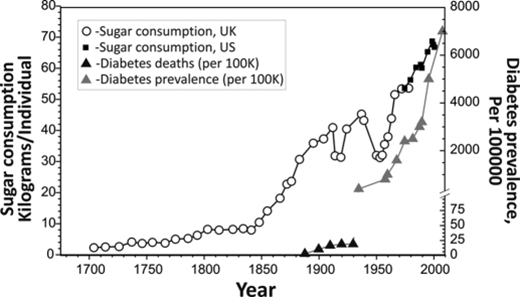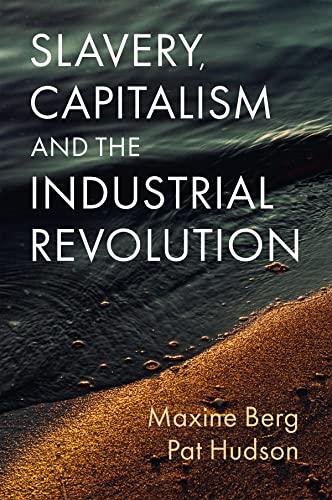"The experiment begun in 1492 was accompanied by a new relationship with the world and with each other, based on the novel idea that the prosperity of human societies lay in the submission of a wild and free nature to the rational act of exploitation. From then on, the entire living world was put to work, and in this first planetary empire, people, plants and animals became commodities circulating from one corner of the hemisphere to the other."
wrote Sylvie Laurent in her book "Capital et race : Histoire d'une hydre moderne"
#wilderness #progress #SylvieLaurent #capitalism #extractivism #capture #appropriation #grabbing #marchandization #Discovery #encounter #ChristopheColomb #Colomb #plantations #Antilles #America #Americas #history #slavery #agroBusiness #agriculture #NewWorld #quote #quotes #beliefs #belief #labour #technoCriticism


